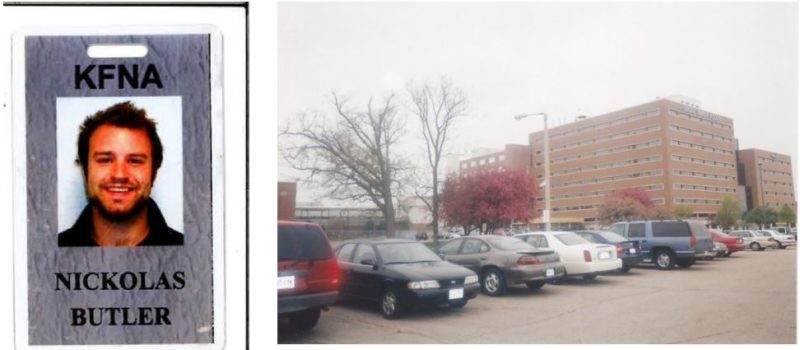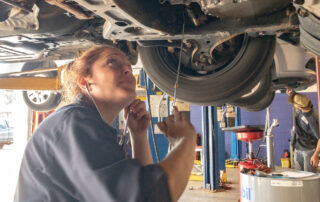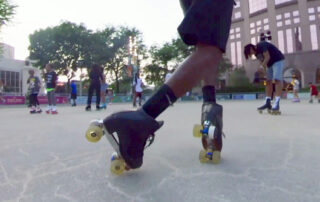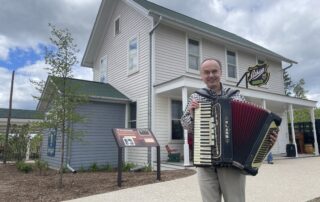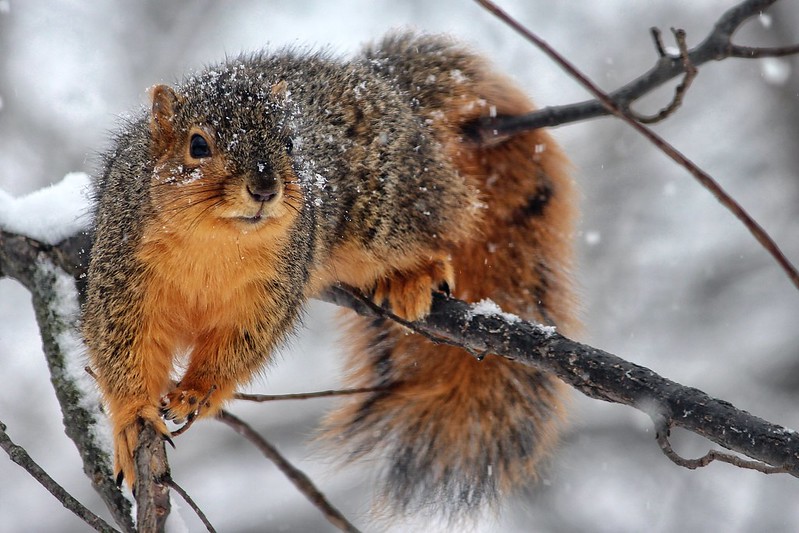After nearly a century, Oscar Mayer closed its doors in Madison. Nick Butler worked there for a time after college. The lessons he learned have stayed with him more than a decade later.
There’s a difference, I think, between discovering America, and discovering what it means to be an American. And until I was twenty-four years old, until I walked into the thick, cold, brick walls of the Oscar Mayer meatpacking plant in Madison, I don’t believe that I really knew what it meant to be an American. I have friends, and a few relatives who have experienced similar epiphanies during their time in the armed forces, or perhaps as a public school teacher, librarian, police officer, or maybe a bus driver.
What I’m talking about, is joining a group of people, unlike yourself, but unified towards a specific goal. On my first real day of work at Oscar Mayer, I reported to the locker room, donned the rubber booties that fit over my work boots, dressed in a white cotton smock, then a white paper smock over that, and a helmet. I walked down a dark hallway towards the RIGID department where I’d work. There was a small puddle of blood in the groove of the hallway worn down by millions and millions of heavy footsteps. A tall black man leaned down to me and said, “Welcome to the plantation.” Then he walked away.
No one cared that I’d been raised upper-middle class in lily-white Eau Claire. No one cared that I’d graduated from the UW-Madison. That I’d traveled to Africa. That I’d read Derrida and Focault, and once hung out with George R.R. Martin. All they cared about was my competency, and whether or not I was an asshole. They care about the strength of my back and my ability to tell a dirty joke.
My co-workers were half women, half men. I remember a tall handsome man from Jamaica, and his short beautiful girlfriend from Thailand. I remember a Mexican man who used to eat lunch with me, and regale me with visions of his future hacienda back home. There was Clementine, from West Africa, and Fifi from Chicago, I think, who used to bat her eyes at me, and threatened good-naturedly to educate me in an abandoned stairwell. There was Lori, who liked to tow a wagon of beer drinking football fans to Green Bay Packers games behind her farm tractor – the journey originating somewhere near Madison. There was old Darwin, who couldn’t get through a sentence without dropping an expletive or two or three.
The politicos will tell you, “It’s the jobs, stupid.” This is a crass way of saying that people find dignity in work. They want to work. They want community. They want to contribute. They want meaning, even if that meaning is in opposition to their very bosses. At Oscar Mayer, I remember days when we worked like motherf*#s, knowing that the fruits of our labor would never come home to roost, but would rather line the pockets of the shareholders around the world. But we’d bust our tails anyways. And when our boss harassed us about our productivity, we’d collectively stare daggers, grind to a halt, and force him to think about how he communicated to us.
The Oscar Mayer factory that I worked in some thirteen years ago closed this spring, which saddens me deeply, because a line, a shared experience that so many thousands of Wisconsinites share is now severed, and for all times. And I wonder about young twenty-somethings now. Where will they go to find America? To find their citizenry? To find their fellow Americans?
See and read more from Nick about his time at Oscar Mayer in The Meat Diaries, an interactive memoir.
